|
It is no secret that the largest growing sector in the Arab book market today is that concerned with education, particularly children’s and young adults. As such, it has amassed much attention either by publishers seeking authors of the genre, or even commissioning established ones primarily for the purpose of writing books that will definitely sell at schools and universities. Some publishers are turning to translations of bestsellers from other languages into Arabic hoping to entice the growing number of young Arab readers in the region. However, a session that took place this week at the Abu Dhabi International Book Fair as part of its professional program has shown that a lucrative market in the MENA comes with a plethora of distinct regional considerations. Professionals feel that the time to establish standards aimed at elevating the form of Arabic writing for children has never been more imperative but even that may not be as straightforward as one might first assume. ‘Publishers and authors should aim to produce the timeless book; that which is layered and deep, and carries messages and themes that remain relevant for generations to come. As such, it might be challenging not only to set the criteria for what books fall under that category but it is also important that the criteria do not take away from the main objective of children’s books which is that a book has to be entertaining as well’, stated Amina Hachimi Alaoui, founding member of the Moroccan Association for Book Professionals and director of Yanbow Al Kitab publishing house, which specialises in literature for children and adolescents. Alaoui was joined on the panel by Tunisian author and storyteller Wafa Thabet Mezghani, who moderated the session, as well as award winning author from Lebanese publishing house Dar al Hadaek, Nabiha Mheidly who pointed out the important role publishing houses play in promoting sound practices when it comes to producing children’s books in the region today. ‘It is time that publishing houses were more particular, even picky, when it comes to choosing what children’s works to publish’, she says. ‘The market is being flooded with works that are not up to standard, but sell nonetheless either because they are low in cost or because they have been tailored to match the school curriculum or to follow of-the-moment trends.’ She continues that ‘when an error in judgment occurs regarding a publication, the mistakes must be acknowledged and corrected and the work must be stopped even if it means binning the work in progress. Good intentions are not enough when writing for children.’ Although there was much emphasis on the need to find Arab writers to write for Arab children for the obvious reason that they are more likely to produce characters and storylines that children of the region can relate to, it was agreed across the board that translations are also important because they increase a child’s awareness of global issues as well as introducing internationally acclaimed works of literature’. So, what makes for a successful Arabic children’s book? Well, it turns out it is pretty much the same as what makes a children’s book a success everywhere else in the world. It is one that invokes joy and makes children want to read it over and over again. It is one that expands the mind through its words, illustrations or ideas, stimulating imagination, and creativity and promoting an acceptance of others’ different worlds and experiences. When I asked this panel, they all agreed that it is one written not only with humour but also with love. Popular children's books at ADIBF: In English: 'Tales of the United Arab Emirates' by Iwona Taida Drózd (2015): A recently released series of three books containing themes and characters particular to the UAE reminiscent of those found in Western fairytales. The Turkish-Dutch artist Ufuk Kobas Smink, who conducts art classes and workshops in the capital, has provided the illustrations. Great for all ages. In Arabic:
Books by Lebanese author Samar Mahfouz Barraj were flying off the shelves. All copies of the Waseem series was sold out at the Dar Al Saqi book stall at ADIBF.
0 Comments
Your comment will be posted after it is approved.
Leave a Reply. |
Archives
March 2021
|


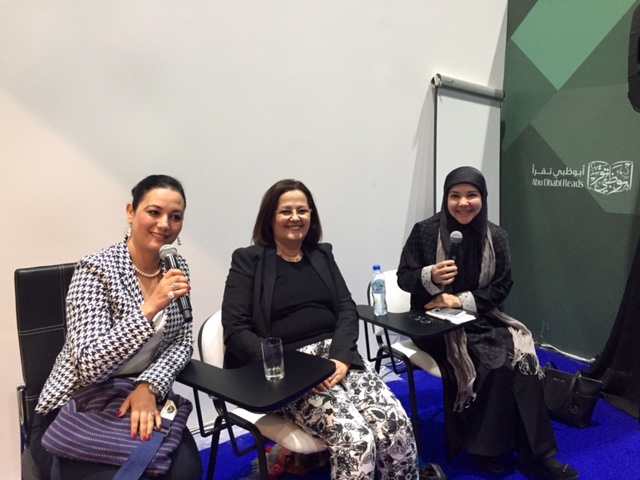
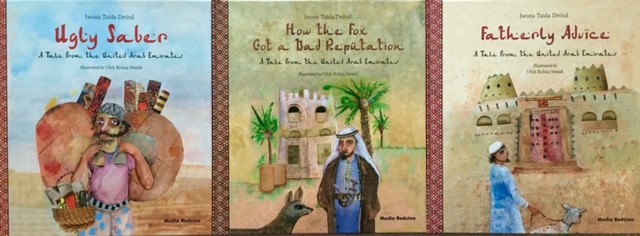
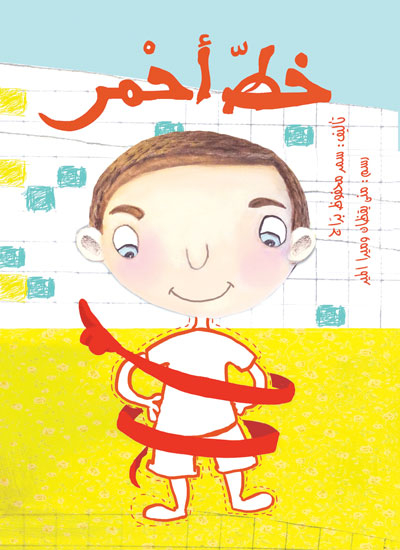
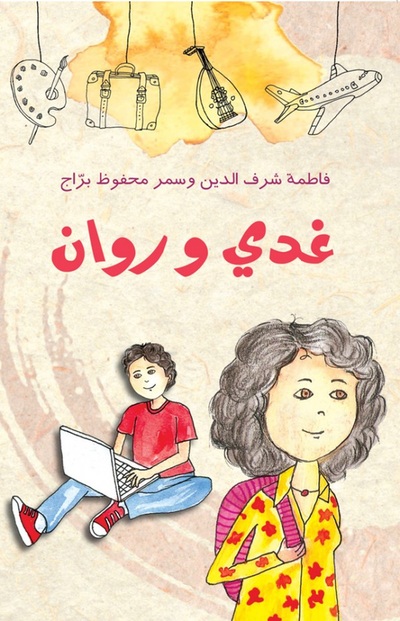
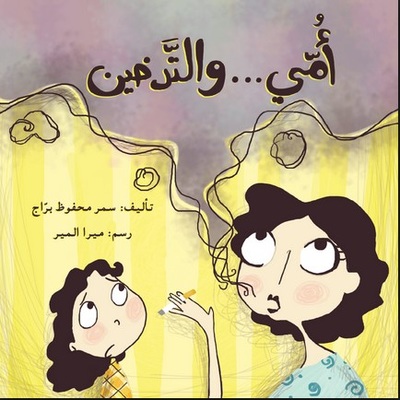
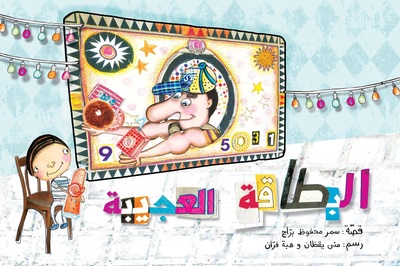
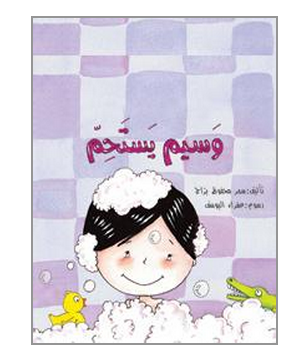
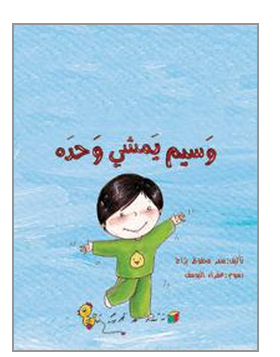


 RSS Feed
RSS Feed
